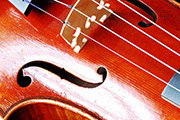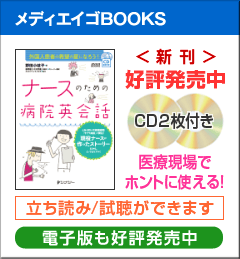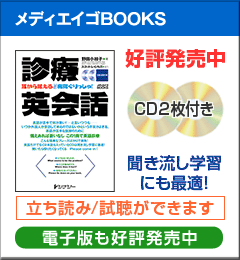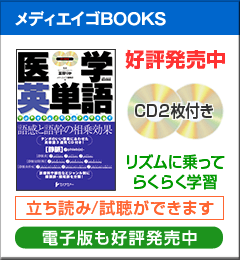

(c) flickr & Steve Snodgrass
継続的な音楽教育や音楽活動には,老化による聴覚障害を防ぐ効果があるかもしれない。若年齢と高年齢の「音楽家」(9歳未満で音楽教育を受け始め,現在まで音楽活動を続けている人と定義)と音楽家でない人(音楽教育3年以下と定義)を含む87人を対象に,言語の音に対する脳の反応を測定したところ,高年齢の音楽家は同年齢の音楽家でない人と比べて反応が優れていただけでなく,音楽家でない若い人よりも早く,正確に音の刺激をコード化できた。音楽教育は他に,老化による記憶力や騒音の中で言語を聞き取る能力の衰えも防ぐことが示されている。(吉田素子)
Music Training Has Biological Impact on Aging Process
Aging-related hearing loss is not set in stone, study finds
Age-related delays in neural timing are not inevitable and can be avoided or offset with musical training, according to a new study from Northwestern University. The study is the first to provide biological evidence that lifelong musical experience has an impact on the aging process.
Measuring the automatic brain responses of younger and older musicians and non-musicians to speech sounds, researchers in the Auditory Neuroscience Laboratory discovered that older musicians had a distinct neural timing advantage.
“The older musicians not only outperformed their older non-musician counterparts, they encoded the sound stimuli as quickly and accurately as the younger non-musicians,” said Northwestern neuroscientist Nina Kraus. “This reinforces the idea that how we actively experience sound over the course of our lives has a profound effect on how our nervous system functions.”
Kraus, professor of communication sciences in the School of Communication and professor of neurobiology and physiology in the Weinberg College of Arts and Sciences, is co-author of “Musical experience offsets age-related delays in neural timing” published online in the journal “Neurobiology of Aging.”
“These are very interesting and important findings,” said Don Caspary, a nationally known researcher on age-related hearing loss at Southern Illinois University School of Medicine. “They support the idea that the brain can be trained to overcome, in part, some age-related hearing loss.”
“The new Northwestern data, with recent animal data from Michael Merzenich and his colleagues at University of California, San Francisco, strongly suggest that intensive training even late in life could improve speech processing in older adults and, as a result, improve their ability to communicate in complex, noisy acoustic environments,” Caspary added.
[単語和訳]
Biological:生物学的 Aging:老化
-related:~に関連した hearing loss:聴力低下,難聴 is not set in stone:変更のきかないものではない
neural:神経性の timing:(耳に音が届く)タイミング inevitable 避けられない be offset with~:~で補われる according to:~によると
brain:脳 speech sounds:言語音 researchers:研究者 Auditory Neuroscience:聴覚神経科学 Laboratory:研究所 distinct:明らかに異なる
outperformed:~をしのいだ counterparts:同等の人々 encoded:コード化した stimuli:刺激 accurately:的確に neuroscientist:神経科学者 reinforces:~を強固なものにする over the course of our lives:生涯にわたって profound:深い nervous system:神経系
communication sciences:コミュニケーション科学 neurobiology:神経生物学 physiology:生理学 co-author:共著者 online:オンラインで
nationally:全国的に in part:部分的に
colleagues:同僚,研究仲間 intensive:集中的な speech processing:音声処理 as a result:その結果 acoustic:音の


